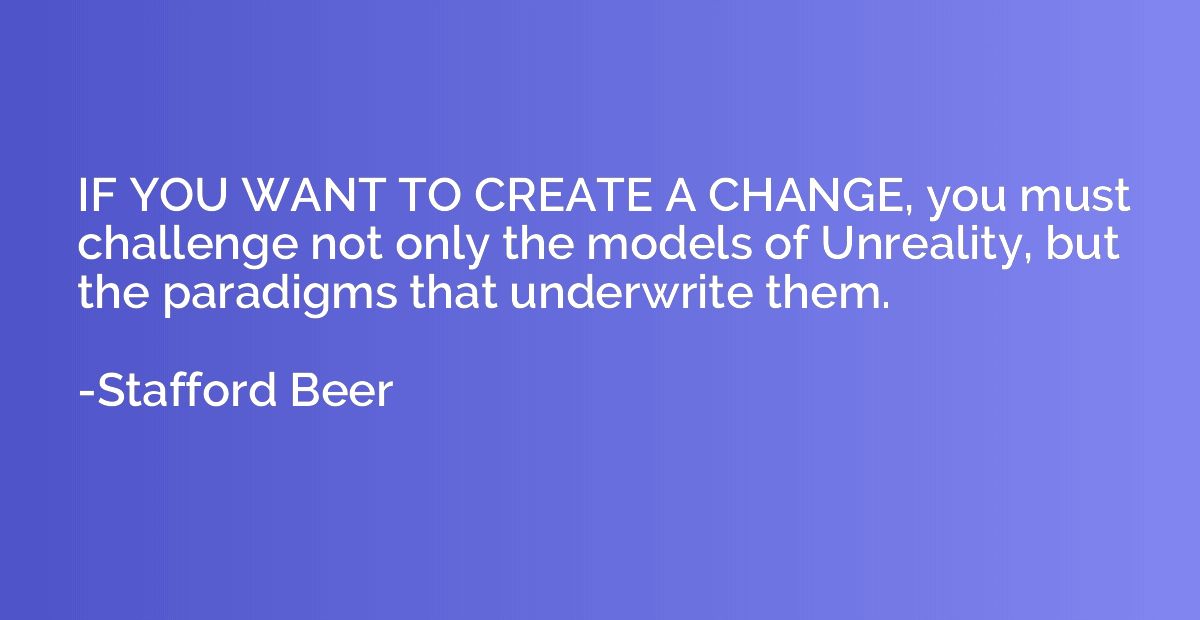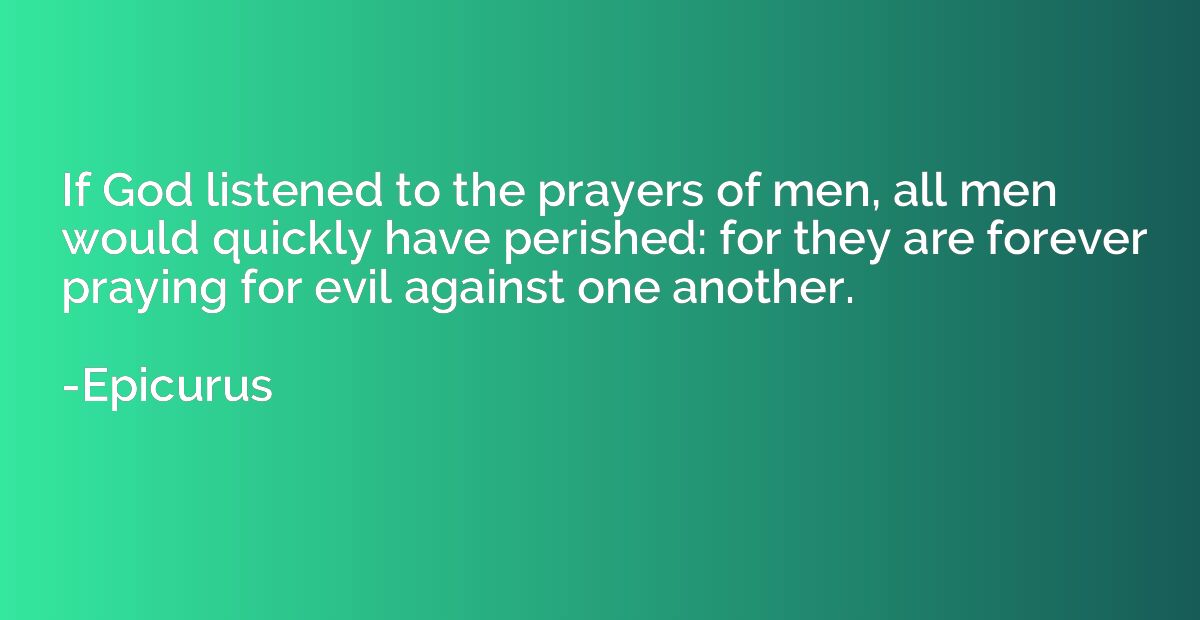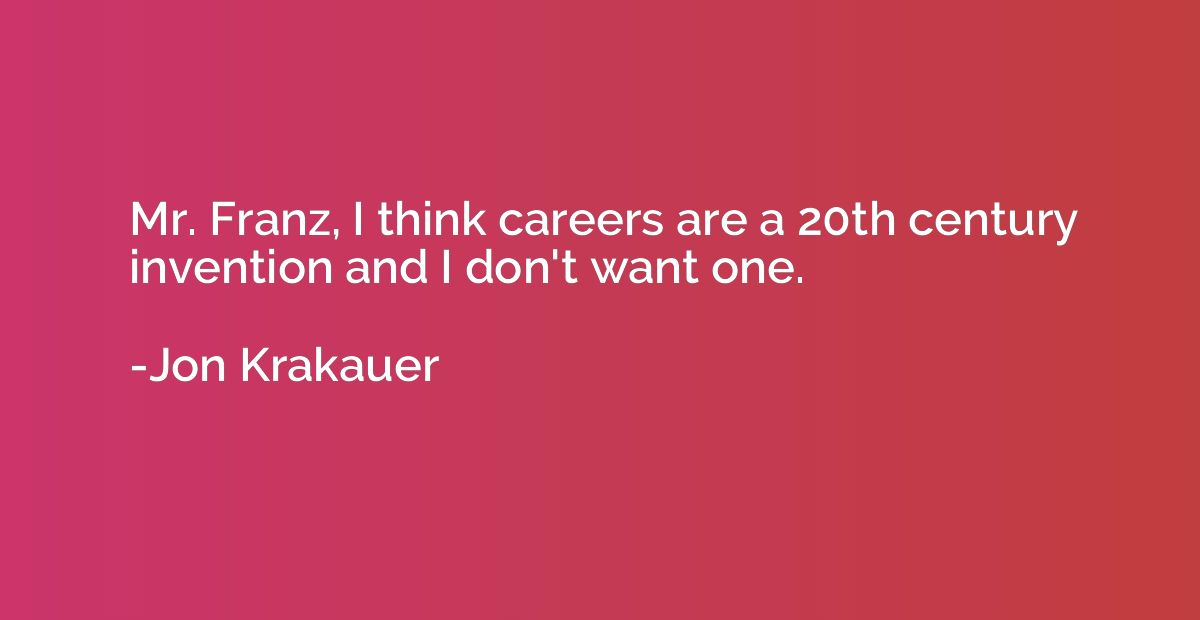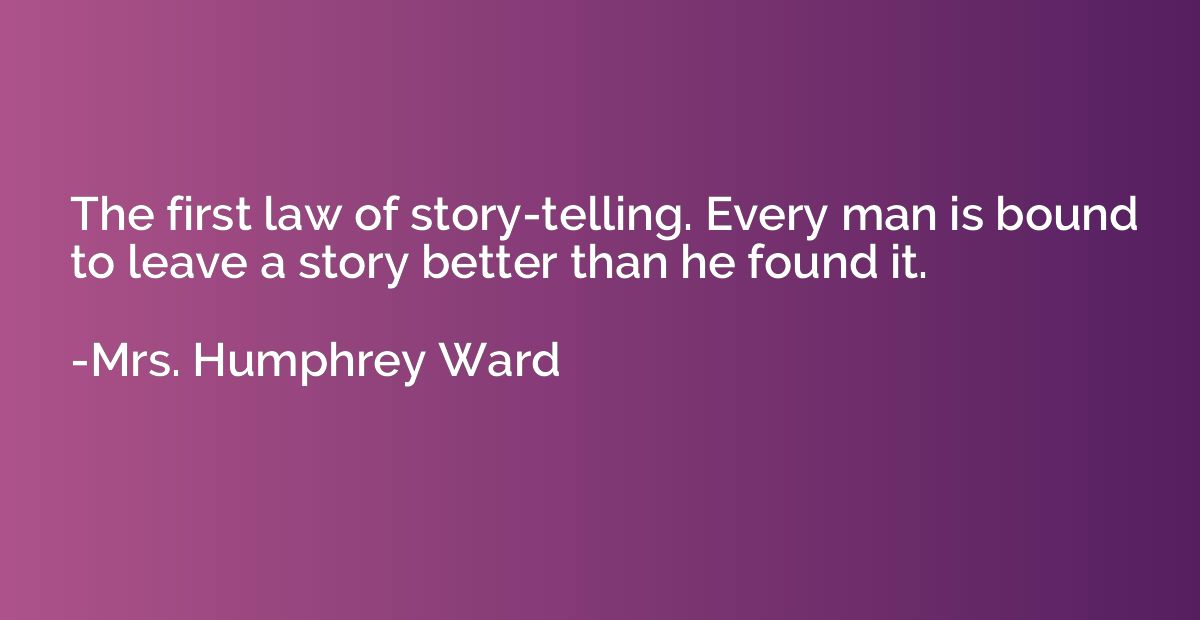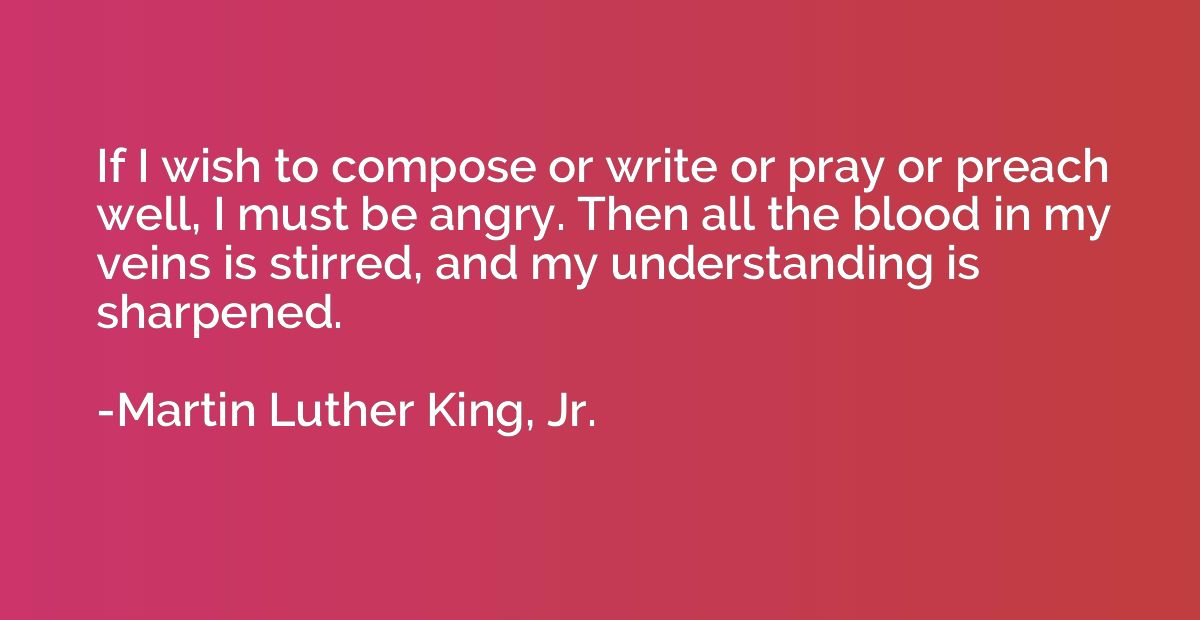Quote by Mark Twain
I haven't a particle of confidence in a man who has no redeeming petty vices whatsoever.

Summary
This quote suggests that a person who has absolutely no small flaws or vices might not be trustworthy or admirable. It implies that these minor vices, such as indulging in occasional pleasures or harmless habits, can reveal a person's humanity and relatability. The absence of these imperfections could indicate a lack of genuineness or the possibility that an individual is hiding something. Essentially, the quote highlights the importance of imperfections in understanding and connecting with others.
By Mark Twain









